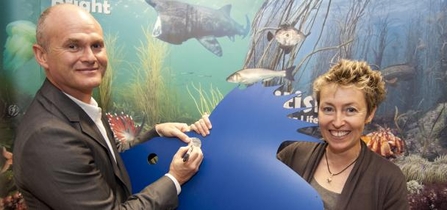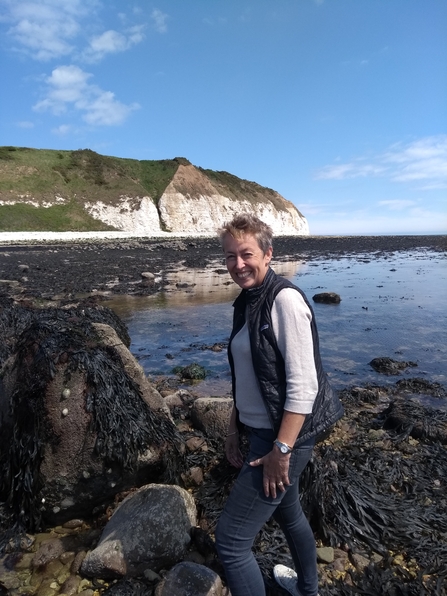When I began my career in marine conservation thirty years ago there were only three Marine Nature Reserves in the whole of the UK and a handful of Voluntary Marine Conservation Areas. Our seas were under tremendous pressure from over-fishing, oil exploration and pollution. Endocrine-disrupting chemicals were preventing dog whelks from breeding, there was an epidemic of seal deaths in the North Sea and fish were being found covered in sores and lesions.
Today’s government announcement of 41 new Marine Conservation Zones marks a highly significant moment in the long hard struggle to get the legislation and political will to deliver an ecologically coherent network of protected areas at sea. This network will ultimately allow our small corner of the blue planet to recover. It has not been easy, however. Many of those with vested interests have been aggressively against our ambitions to take better care of our seas and end to over-fishing.
At the beginning of this voyage we had to demonstrate that we had a marine environment that was worth protecting.
We surveyed the myriad sea-bed types and multitude of beauties, curiosities and downright breath-taking marine wildlife around our shores – and talked to anyone who’d listen about the wonders of our seas. Very few people realised that we have corals, let alone the world’s second-largest shark patrolling our waters eating vast amounts of the smallest of the animals in our seas, the plankton. There were stories to tell of fish that change sex, wrasse that build nests and ocean quahogs that can live for as long as 500 years.
As we gathered public support to protect the wonders of our marine environment, we were also able to reveal the shocking amount of damage we observed. Cod nearly became commercially extinct in the North Sea and hundreds of dolphins were being washed-up dead on our shores. In the 1980s and 90s horse mussel communities were destroyed in one of our few marine nature reserves by dredging for queenies. In many other sites we were seeing the devastating effect of scallop-dredging on sea fans, sunset corals and other fragile species. Something had to be done. It was time for a new approach.
In 2002 we called for a marine bill which would allow us to manage and protect our marine environment. The legislation at that time was out-dated, not fit-for-purpose and, most importantly, prevented us designating marine protected areas and managing our inshore fisheries sustainably. Then we rallied our members and supporters – a staggering 250,000 people signed silver scales during our Petition Fish campaign which we packed into boxes and took to Westminster.



